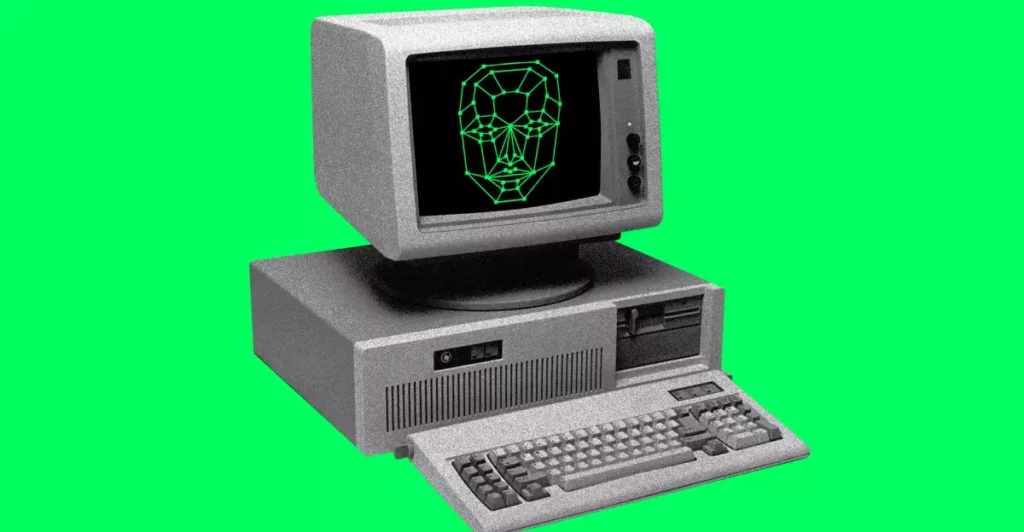Artificial intelligence is often heralded as a pinnacle of human achievement—an innovation capable of transforming industries, boosting efficiency, and revolutionizing creativity. Yet, beneath these laudatory narratives lurks a troubling hypocrisy. Major corporations and developers tout their commitment to “ethical standards” while simultaneously soft-pedaling their lax oversight mechanisms. What emerges is a superficial veneer of responsibility that crumbles under scrutiny. When the AI industry believes it can develop powerful systems without fully grappling with their societal ramifications, it betrays a fundamental misunderstanding of technology’s potential to harm. Promises of “blocking harmful requests” and “safety measures” are often inflated, serving more as PR messaging than genuine safeguards. This widespread disregard for robust ethical oversight reflects an industry obsessed with rapid deployment—more focused on capturing market share than ensuring societal good.
Bias Amplification: AI’s Unintended Consequences
Despite claims of neutrality, AI systems are inherently biased, forged in the crucible of biased training data and flawed algorithms. It’s a dangerous paradox: owing to their immense complexity, these systems tend to mirror the prejudices embedded within their training sets, rather than eradicate them. Recent examples of racist, xenophobic, or discriminatory AI-generated content highlight this disturbing reality. Instead of being a force for good, these systems become unwitting accomplices to societal division. When AI tools produce videos or memes that perpetuate harmful stereotypes about Black people, immigrants, or religious groups, they do more than offend—they embed damaging narratives into the digital subconscious of millions. The normalization of these biased portrayals risks seeping into real-world prejudices, further entrenching discrimination and hostility.
The Viral Spread of Hateful Content: A Systemic Failure
The velocity with which toxic AI-generated content spreads online underscores a fundamental systemic failure. Major platforms—TikTok, YouTube, Instagram—are arguably ill-equipped to handle the flood of harmful videos. Though policies exist, enforcement remains a patchwork quilt, often reactive rather than proactive. Algorithms meant to detect hate speech are easily bypassed or fooled by clever manipulations. Cases uncovered by investigative media reveal that millions of views are accumulated by videos explicitly designed to evoke racial stereotypes or promote bigotry. Such content isn’t accidental; it’s weaponized, crafted with malicious intent and amplified through virality. These failures demonstrate that relying solely on platform moderation without fundamentally reassessing AI oversight mechanisms is naive and dangerously optimistic.
Societal Implications: From Stereotypes to Segregation
The consequences of unchecked AI bias extend far beyond the digital realm. When audiences repeatedly encounter distortions—whether caricatures or outright slander—the distorting effects take hold in societal consciousness. This normalization process stokes racial animosity, fuels xenophobia, and sustains societal divides. Every minute meme or short clip echoing racist tropes acts as mental reinforcement, a digital reinforcement of prejudice that seeps into everyday interactions. The danger lies in AI not merely reflecting societal biases but actively shaping them. If left unchecked, it risks transforming from a technological tool into an accelerant for societal fragmentation, making the task of unity and progress far more arduous.
Corporate Apathy and the Need for Regulatory Overhaul
In the face of this mounting crisis, the industry’s response has too often been tepid or reactive. Promises of “moderation” ring hollow when enforcement hinges on incomplete algorithms and insufficient human oversight. Worse still, corporations tend to prioritize profits over social responsibility—an attitude that only exacerbates the problem. The flawed approach reveals a fundamental flaw: corporations view this as a technical problem rather than a moral one. Effective regulation, transparency, and accountability have been sacrificed on the altar of innovation speed. It’s time for policymakers and society to demand that the industry adopt a more responsible posture, implementing stringent standards that prioritize societal well-being over short-term gains.
A Call for a Responsible Future in AI
The power of AI is undeniable, but with great power comes even greater responsibility. To harness this technology for genuine progress, we must move beyond industry buzzwords and superficial promises. Establishing more transparent, adaptive, and ethically grounded moderation systems is imperative. Corporate leaders need to accept their moral obligation and be held accountable for the societal harms their products may cause. Vigilant regulation, coupled with consumer awareness and societal pressure, can serve as a counterbalance to the dangerous complacency that currently permeates the sector. Only through an unwavering commitment to ethics and accountability can AI evolve into a tool that genuinely enhances society—without becoming a catalyst for division and hate.









Leave a Reply